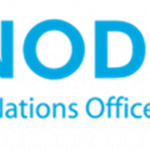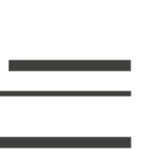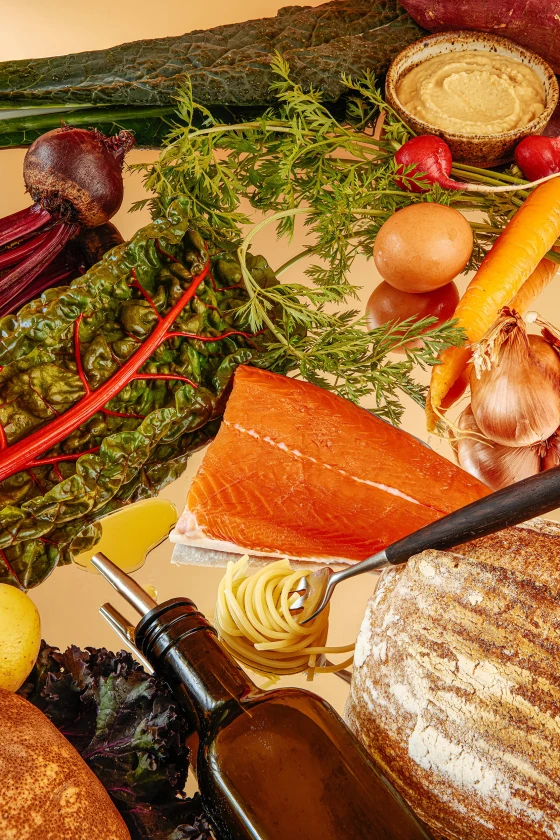The federal sports minister, Anika Wells, has backed Fifa’s decision not to make Saudi Arabia’s tourism board a major sponsor of the women’s World Cup in Australia, saying she was “thrilled” that focus wouldn’t be detracted from the event itself.
Human rights and football organisations praised the move to not progress the sponsorship, after concerns were raised about Saudi Arabia’s human rights record, and oppression of women and LGBTQ+ people.

“I’m thrilled because it allows us to concentrate on the opportunity and the possibilities of the women’s World Cup,” Wells said.
“I don’t think many Australians get how big the event is about to be on our shores. It’s the biggest sporting event on the globe after the summer Olympics and the men’s World Cup.”
The Fifa president, Gianni Infantino, confirmed overnight that Visit Saudi, the Middle Eastern country’s tourism arm, would not be sponsoring the women’s World Cup in Australia and New Zealand in July. Numerous players, sporting associations and human rights organisations had voiced outrage at the proposal.

Wells said she and her counterpart minister in New Zealand had been working with football and human rights organisations about the Saudi sponsorship. Football Australia had previously said the potential sponsorship “does not align with our collective vision for the tournament”.
Infantino called the issue “a storm in a teacup”, saying he would not have had an issue with the sponsorship and accusing Australia of a “double standard” in maintaining trade with Saudi Arabia but opposing its sponsorship.
Wells rebuffed that suggestion, pointing to her visit to the men’s World Cup in Qatar last year as an example of the government’s engagement.
“A Visit Saudi sponsorship for an Australian and New Zealand event is a very different proposition to trade,” she said.
“Just as I went to Qatar and took our seat at the table and had difficult conversations, it’s in our best interest to engage with those who don’t always share our views, particularly when it comes to our economic and security interests.”
The CEO of Football Australia, James Johnson, welcomed Fifa’s clarification on the Saudi sponsorship.
“Equality, diversity and inclusion are really deep commitments for Football Australia, and we’ll continue to work hard with FIFA to ensure the Women’s World Cup is shaped in this light,” he said in a statement.
Minky Worden, of Human Rights Watch, also backed the change as a “victory for the global women’s game, women’s rights, LGBT rights and press freedom”.
Kerry Harris, chair of women’s football group Women Onside, said a Saudi sponsorship wouldn’t have fit the values of the World Cup.
“It sends a good message that they listened, particularly to Australia and New Zealand, around their concerns and disappointment in considering a sponsorship from a country where the rights of women are severely restricted and people from LGBTI communities can be persecuted,” she said.
Wells said she was happy that more focus could be paid to the event itself, rather than its sponsors. She also praised Fifa for its announcement of tripling the tournament’s prize money.
“We should be congratulating [Fifa] on the investments in women’s football they’ve announced,” she said.
“The increase in prize money is great progress, but it’s still a significant gap compared to what the men get. We will obviously keep pushing to close that gap.”
Wells said the federal government looked forward to the opportunities raised by Australia’s hosting of the tournament.
“There will be over 1.5 million attendees, over 60,000 international visitors … This is a huge opportunity to have a conversation with Australians and the world about how we want to be seen in the eyes of the world.”
Source: https://www.theguardian.com/




















Add Comment